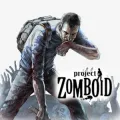Effective Team Compositions in Overwatch
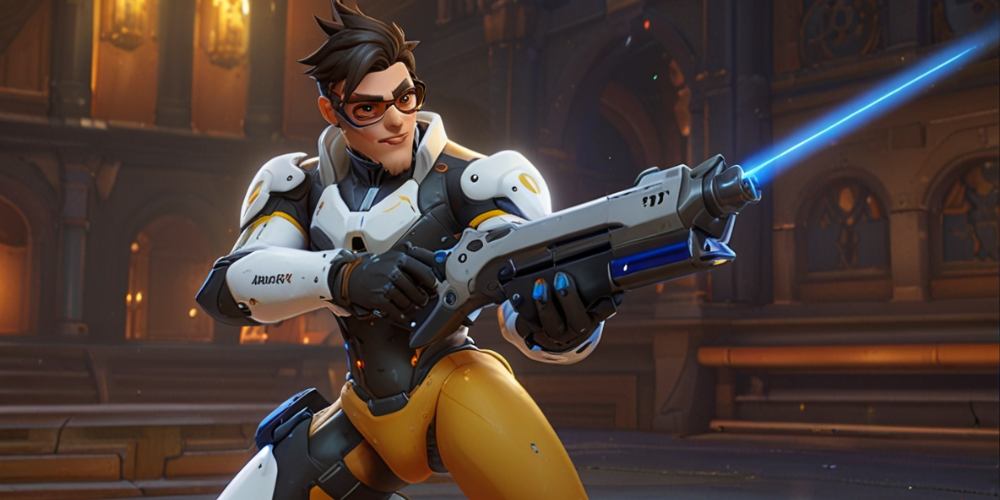
As a dedicated Overwatch player, I’ve come to appreciate the nuances of each hero and how they fit into the greater team dynamic. In Overwatch, players can choose from three main types of heroes: Damage, Tank, and Support. Each role has its unique responsibilities and strengths, and understanding how to effectively compose a team with these roles is crucial for success. The balance of these roles determines how well we can adapt to different situations and counter opposing strategies.
The Importance of Team Composition
When I initially started playing Overwatch, I underestimated the importance of team composition. I quickly realized that merely selecting my favorite hero does not guarantee victory. Instead, a well-structured team composition addresses various scenarios while ensuring everyone can play to their strengths. For example, a well-balanced team will typically consist of two Tanks, two Damage heroes, and two Support characters, though the ideal composition can vary significantly based on the map and the opposing team.
Building Around the Tank Role
Tanks are the backbone of any team composition. They absorb damage and create space for their teammates. When I play Tank, I often find myself coordinating with my team to establish a frontline that controls the battlefield. Heroes like Reinhardt and Winston can initiate fights and shield their teammates, allowing Damage players to take advantage of their positioning. A strong Tank presence can dictate the pace of the game, forcing enemies to play defensively while empowering my team to be aggressive.
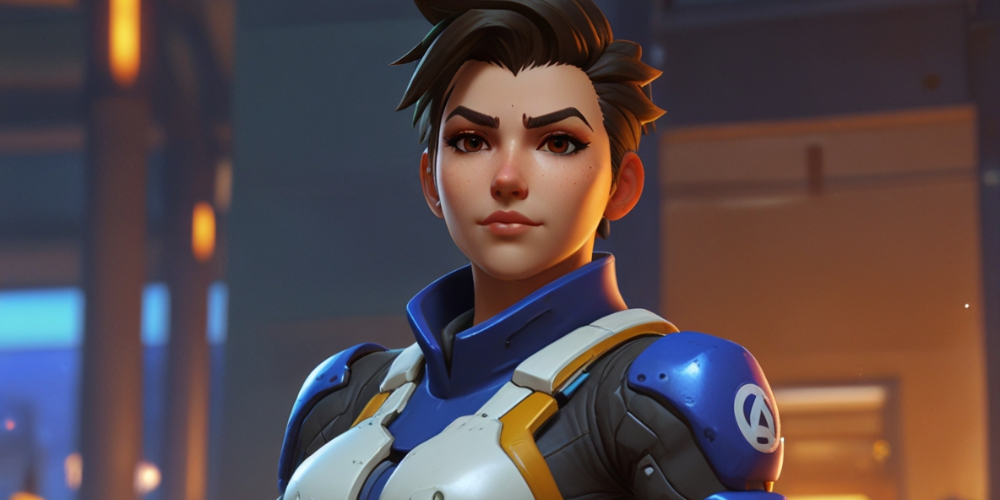
Complementing Damage Heroes
When selecting Damage heroes, I make sure to pay attention to synergy. The goal is to choose heroes who can complement one another. For example, if I pick Hanzo for my long-range capabilities, I might also want someone like Reaper, who excels at close-range encounters. This combination allows us to cover various engagement ranges and adapt as the fight evolves. Additionally, heroes like Mei can control the battlefield and create opportunities for Damage dealers to capitalize on enemy positioning.
The Role of Support in Team Composition
Support heroes are often unsung heroes in Overwatch, but I’ve learned how crucial they are for sustaining my team in battles. A good Support character can heal and provide utility in team fights. Choosing a hero such as Mercy enables my team to maintain their positioning and stay in the fight longer, while characters like Zenyatta offer offensive capabilities combined with healing. Reflecting on my experiences, I find that fostering communication with Support players leads to better coordination, especially when making use of ultimates at critical moments.
Synergy Across the Three Roles
One of the fascinating aspects of Overwatch is how different heroes can synergize across roles. As I explore various compositions, I pay attention not only to individual strengths but also to how heroes can work together. For instance, a combination of Zarya and Roadhog can create powerful plays. Zarya’s Graviton Surge can immobilize enemies, allowing Roadhog to hook them and follow up with a devastating shot. Such synergies enhance the team’s ability to execute strategies and secure victories in tough matches.
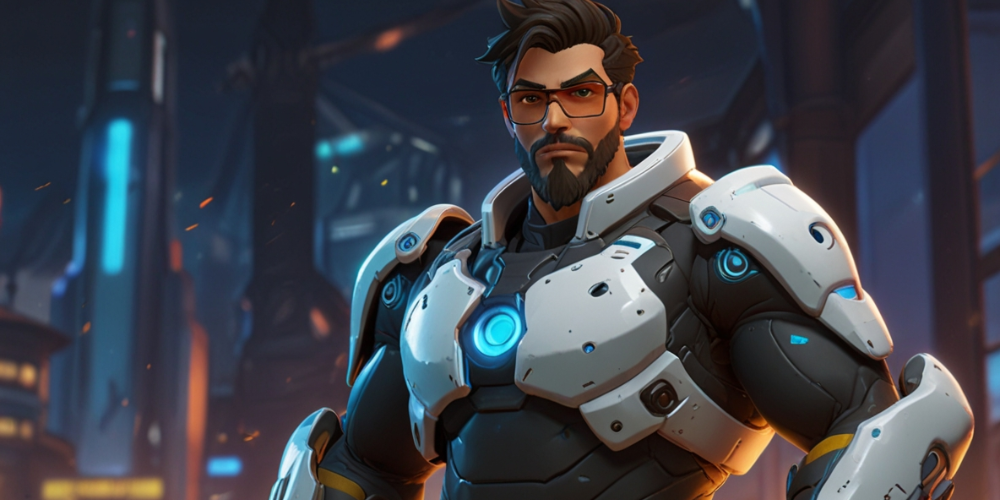
Adapting to the Map
Team composition must also dynamically adapt to the specific map we’re playing. Certain maps naturally favor particular heroes because of their layouts. For instance, in a highly vertical map like Verticality, selecting heroes such as Pharah or Genji becomes pivotal. They can utilize elevation to control the battlefield effectively. Similarly, maps with narrow corridors might benefit from heroes like Mei or Reinhardt, who excel in area control and crowd manipulation.
Countering Opponents
Observing enemy team compositions is essential for crafting an effective strategy. When I notice the opposing team has several DPS heroes without substantial healing, I might lean into a more aggressive comp, utilizing flanking heroes like Tracer. Conversely, if they have a plethora of burst damage, ensuring we have a strong Tank presence upfront is vital. Adapting our hero choices based on what the opposition brings to the table is a skill that has improved my gameplay significantly.
The Role of Communication
Effective team compositions thrive on seamless communication. Whether it’s through voice chat or quick text messages, I always aim to discuss hero picks before the match begins. This discussion helps set expectations and avoid redundancy within roles. During matches, I try to call out my ultimate status and ask teammates to synchronize their abilities when it matters most. Building an open dialogue with my teammates fosters a sense of cohesion and shared goal.
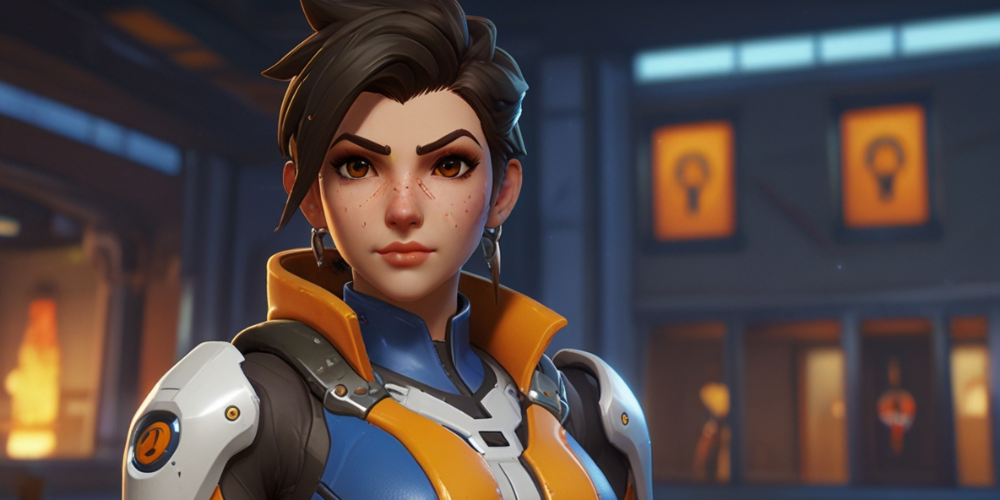
Ultimate Combos for Maximum Impact
Coordinating ultimate abilities is another layer of strategy in team compositions that excites me. Understanding the appropriate timing and method of utilizing them can change the outcome of a game. For instance, if I’m playing as Dragonblade Genji, timing my ultimate with Zarya’s Graviton Surge magnifies its effectiveness. Such combinations lead to devastating team fights where we can take out multiple enemies simultaneously, and my team builds momentum off the victory.
Learning from Each Match
After every match, I reflect on my team composition and performance. There’s always something to learn, whether it’s about better synergy or why a particular composition failed. Analyzing past matches helps me adjust my playstyle and these experiences ultimately cultivate a deeper understanding of hero interactions and team dynamics. I focus on both my successes and failures to enhance my decision-making skills in future games.
Flexibility and Hero Pool
Having a diverse hero pool is crucial for adjusting team compositions on the fly. I strive to be a versatile player, meaning I can fill different roles as the situation dictates. If my team lacks a Tank, I am willing to switch from Damage to a Tank hero to fill that gap. This flexibility encourages better teamwork, as it prevents the team from being stuck with a poor composition that could hinder our chances of winning.
Watching Professional Plays
Following professional Overwatch leagues and streams has significantly shaped my approach to team compositions. Observing how pros select their heroes based on the enemy team, map dynamics, and strategies has opened my eyes to the depth of gameplay. I often take notes on specific compositions they use and try to incorporate those lessons into my matches. This learning process helps me stay updated with the meta-changing game and gather insights into best practices for team synergy.
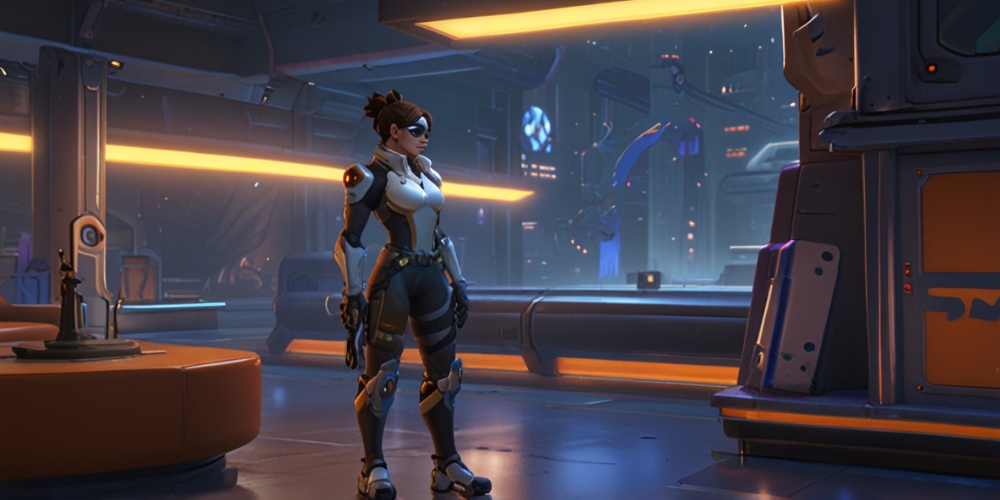
Creating a Positive Team Environment
Ultimately, fostering a positive environment is essential for effective team compositions. I’ve experienced how negative attitudes can quickly deteriorate team morale. By focusing on encouragement and constructive feedback, I help create a culture of teamwork that enhances our chances of success. Celebrating small victories and offering support during tough moments makes the gaming experience enjoyable and helps build team chemistry.
Balancing Meta and Personal Preference
While the current meta can influence hero choices, I strive to balance meta-based gameplay with my own preferences. Over time, I’ve developed a strong affinity for certain heroes, and I believe enjoying the game is crucial. If I can find a way to use my favorites effectively within a team composition, it elevates the overall experience and keeps the game engaging for me and my teammates.
Final Thoughts on Team Composition Strategies
Reflecting on my gaming journey in Overwatch has illuminated just how vital effective team compositions are to gameplay. Mastering the hero roles, recognizing synergies, and maintaining fluid communication has transformed my experience. Each match serves as an opportunity to learn and adapt, fostering dynamic strategies that reflect both my personal style and the art of collaboration. The beauty of Overwatch lies in its adaptable nature, where no two matches are alike, and every composition can tell a unique story.





